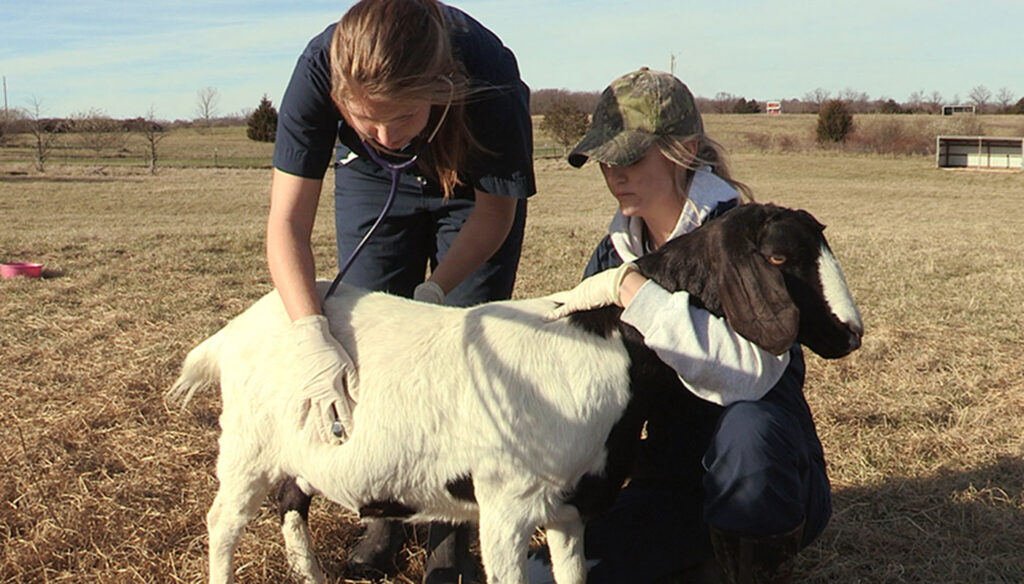
Goats, with their playful antics and mischievous personalities, have endeared themselves to many as beloved companions and valuable assets in agriculture. Whether you’re raising goats for milk, meat, fiber, or simply as pets, their well-being is paramount. As responsible caretakers, it’s crucial to be vigilant in recognizing signs of illness in goat breeds and knowing when to seek veterinary assistance.
Understanding Normal Behavior:
Before delving into signs of illness, it’s essential to understand the baseline behavior of your goats. Each breed may have its own quirks, but generally, healthy goats are active, alert, and exhibit a healthy appetite. They engage in social interactions with their herd mates and show curiosity in their surroundings.
Recognizing Signs of Illness:
Recognizing signs of illness in goats is crucial for ensuring their well-being and addressing any health concerns promptly. Here are some common indicators that may signal illness in goats:
- Changes in Appetite: A sudden decrease or increase in appetite can be a sign of underlying health issues. Goats typically have hearty appetites, so any significant change in eating habits should be monitored closely.
- Abnormal Behavior: Pay attention to any changes in behavior such as lethargy, reluctance to move, isolation from the herd, or excessive aggression. Goats are social animals, so any deviation from their usual behavior may indicate discomfort or illness.
- Altered Fecal Output: Monitor the consistency, color, and frequency of your goat’s feces. Diarrhea, constipation, or unusually foul-smelling feces may indicate digestive issues, parasitic infections, or dietary problems.
- Respiratory Symptoms: Labored breathing, coughing, sneezing, nasal discharge, or wheezing can be signs of respiratory infections or other respiratory disorders. Respiratory issues can quickly escalate and should be addressed promptly.
- Physical Symptoms: Keep an eye out for physical signs of illness such as fever (indicated by a raised body temperature), swollen joints, lameness, discharges from the eyes or ears, skin lesions, or lumps and bumps.
- Changes in Milk Production: If you have dairy goats, any sudden decrease in milk production or changes in the quality of the milk may indicate underlying health problems such as mastitis or metabolic disorders.
- Reproductive Issues: During kidding season, watch for signs of difficult labor, retained placenta, or other birthing complications. Prompt intervention may be necessary to ensure the health of both the mother and her offspring.
- Signs of Pain: Goats may exhibit signs of discomfort or pain such as grinding teeth, hunching their back, or vocalizing in distress. It’s essential to investigate the cause of any pain and address it promptly.
- Loss of Condition: A sudden loss of weight or condition despite adequate feeding and care may indicate underlying health issues such as parasitic infections, metabolic disorders, or chronic illnesses.
- Behavioral Changes in Kids: For young goats (kids), watch for signs of weakness, failure to thrive, or difficulty nursing. Kids are more vulnerable to illness and may require special attention to ensure their health and well-being.
It’s important to note that while these signs may indicate illness, they are not definitive diagnoses. If you observe any of these symptoms or are concerned about your goat’s health, it’s best to consult with a veterinarian who can provide a proper evaluation and recommend appropriate treatment. Early intervention is key to successful outcomes in treating goat illnesses, so don’t hesitate to seek professional help if needed.
When to Call the Vet:
Knowing when to call the vet is essential for ensuring the health and well-being of your goats. While some minor issues can be managed with home remedies or adjustments to husbandry practices, certain situations warrant immediate veterinary attention. Here are some instances when it’s crucial to call the vet:
- Severe Symptoms: If your goat is exhibiting severe symptoms such as profound lethargy, inability to stand, extreme pain, or seizures, it’s vital to seek veterinary help immediately. These signs may indicate a serious medical emergency that requires immediate intervention.
- Persistent Symptoms: If your goat is showing symptoms that persist or worsen over time, despite initial treatment or management efforts, it’s essential to consult with a veterinarian. Chronic or recurring health issues may require a more thorough evaluation and specialized care.
- Respiratory Distress: Any signs of respiratory distress, such as difficulty breathing, coughing, wheezing, or nasal discharge, should be addressed promptly by a veterinarian. Respiratory infections can quickly escalate and may require medical treatment to prevent further complications.
- Birthing Complications: During kidding season, if your goat experiences difficulty during labor, such as prolonged labor, excessive straining, or failure to deliver the kid(s) within a reasonable time frame, it’s essential to seek veterinary assistance. Birthing complications can endanger both the mother and her offspring and require immediate intervention.
- Traumatic Injuries: If your goat sustains traumatic injuries such as lacerations, fractures, or puncture wounds, it’s crucial to seek veterinary care. Prompt treatment can minimize pain and prevent complications such as infection or permanent disability.
- Poisoning or Toxicity: If you suspect that your goat has ingested toxic plants, chemicals, or other harmful substances, it’s vital to contact a veterinarian immediately. Toxicity can cause severe illness or even death and requires prompt intervention to mitigate the effects.
- Sudden Deaths: If you discover a goat that has died unexpectedly, it’s essential to contact a veterinarian to determine the cause of death. Sudden deaths may indicate contagious diseases or environmental hazards that could affect the rest of the herd.
- Reproductive Issues: If your goat experiences reproductive issues such as uterine prolapse, retained placenta, or difficult births, it’s important to seek veterinary assistance. Reproductive complications can endanger the health of both the dam and her offspring and require prompt intervention.
- Signs of Contagious Diseases: If you observe signs of contagious diseases such as fever, diarrhea, nasal discharge, or lesions, it’s essential to isolate the affected goat(s) and contact a veterinarian immediately. Contagious diseases can spread rapidly within a herd and may require quarantine measures and medical treatment to control.
- Preventive Care: Lastly, regular veterinary check-ups are essential for preventive care and maintaining the overall health of your goats. Routine examinations, vaccinations, and parasite control measures can help prevent illnesses and ensure the long-term well-being of your herd.
It’s crucial to be vigilant and proactive in monitoring the health of your goats and to seek veterinary assistance whenever necessary. Early intervention can prevent minor issues from escalating into serious health problems and ensure the best possible outcomes for your goat’s health and well-being.
Conclusion:
As stewards of these charming creatures, it’s our responsibility to prioritize their health and well-being. Regular observation, familiarity with normal behavior, and prompt recognition of signs of illness are vital in ensuring early intervention and successful treatment. While some issues can be managed with proper husbandry practices, never hesitate to seek professional veterinary care when needed. By being vigilant and proactive, we can ensure a happy, healthy life for our beloved goat companions.
 Anglo-Nubian Goat Breed – Everything You Need to Know
Anglo-Nubian Goat Breed – Everything You Need to Know 10 Best Goat Breeds to Keep as Pet
10 Best Goat Breeds to Keep as Pet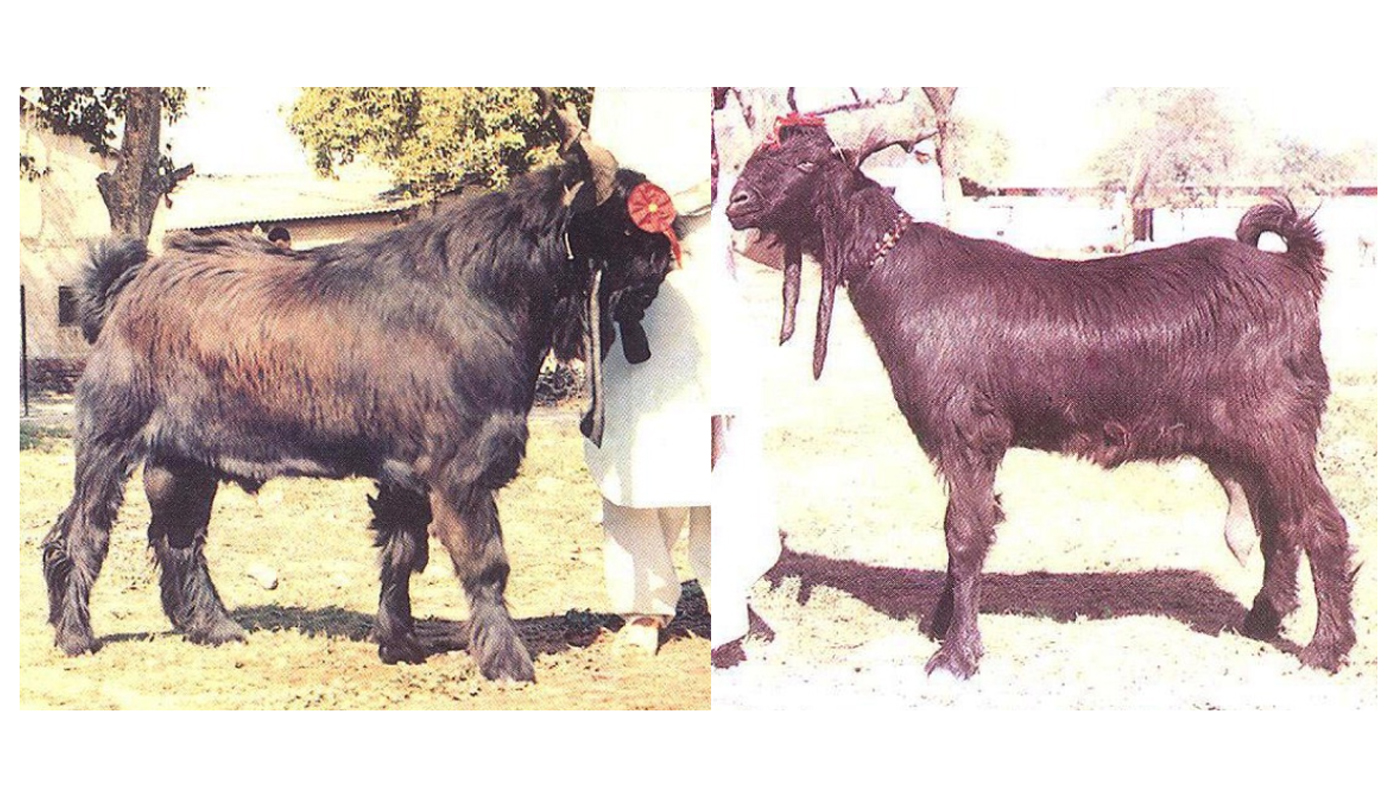 Dera Din Panah Goat Breed – Everything You Need to Know
Dera Din Panah Goat Breed – Everything You Need to Know Golden Guernsey Goat Breed – Everything You Need to Know
Golden Guernsey Goat Breed – Everything You Need to Know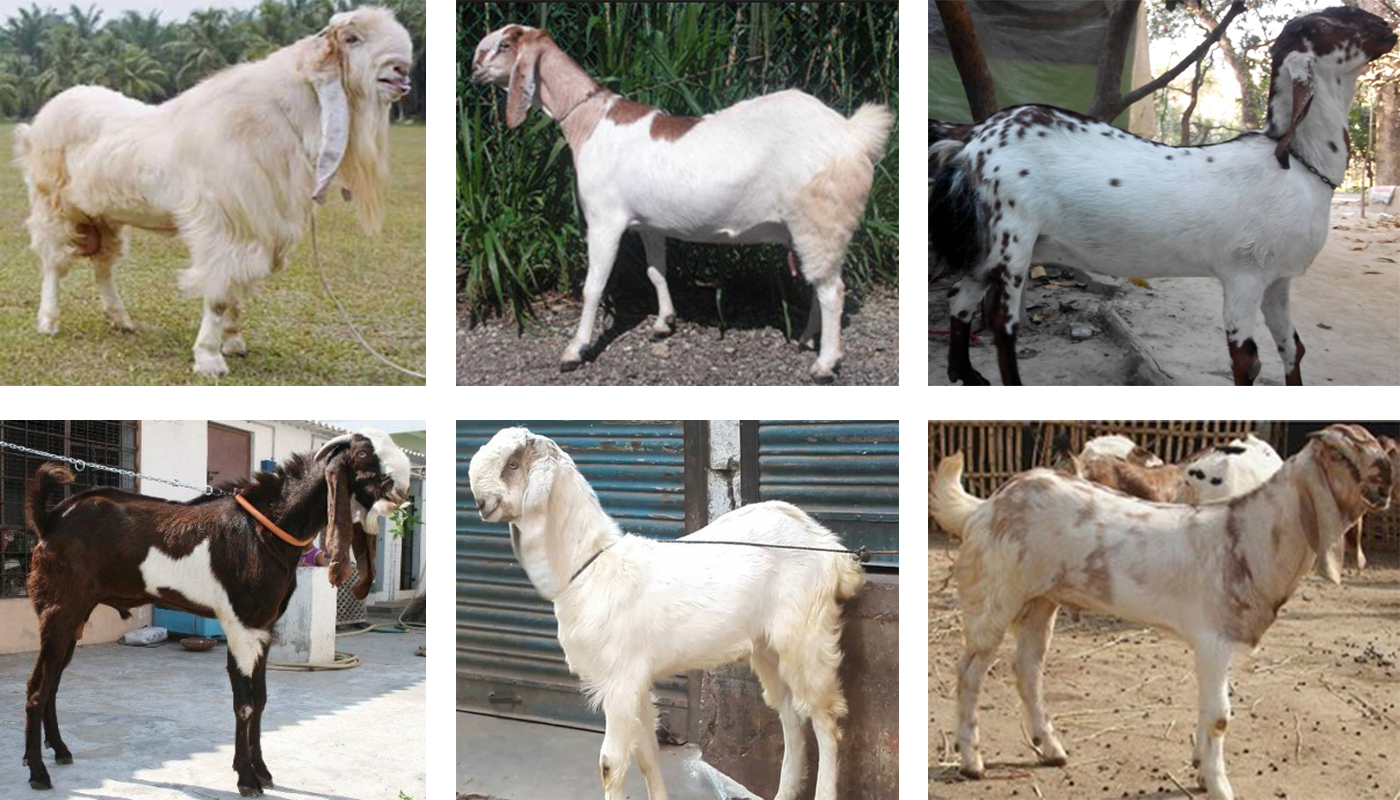 Jamnapari Goat Breed – Everything You Need to Know
Jamnapari Goat Breed – Everything You Need to Know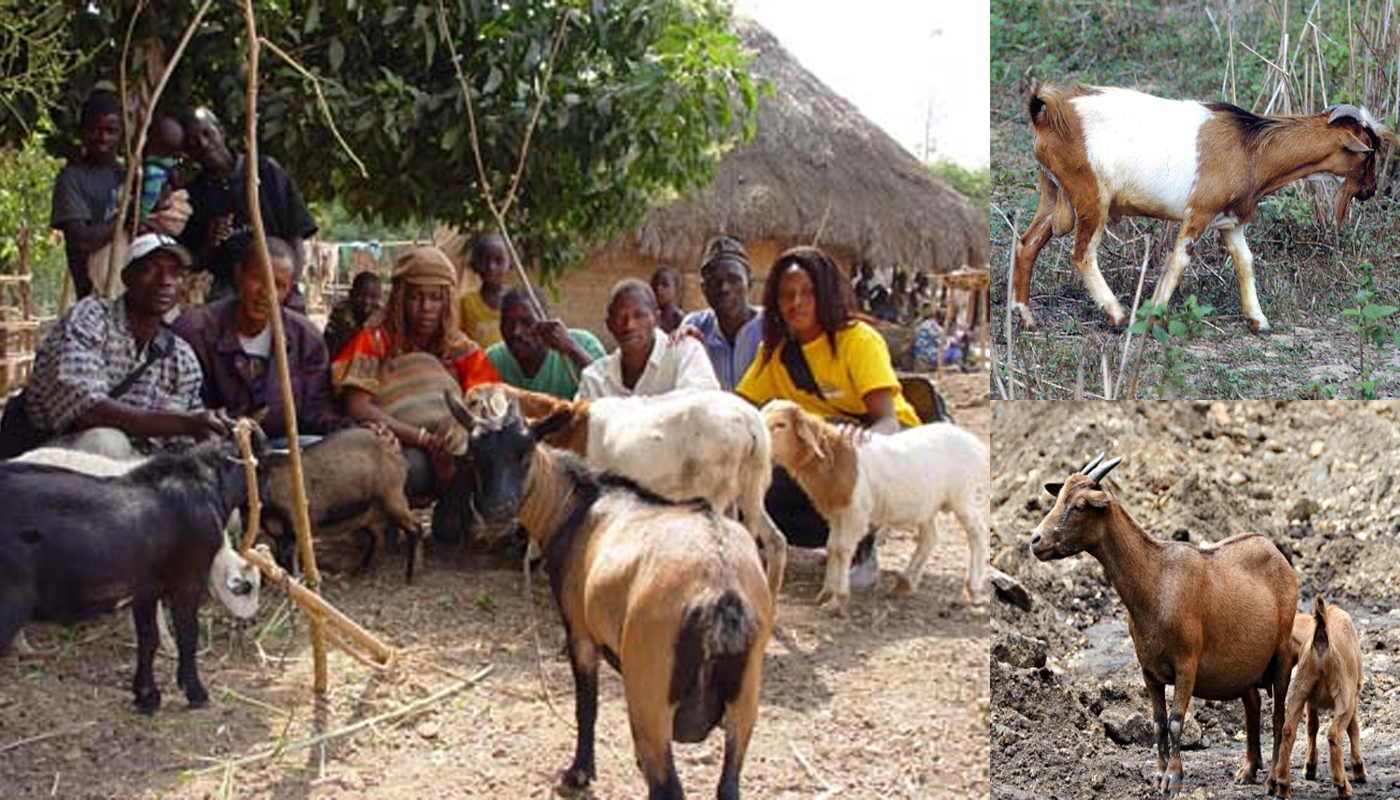 West African Dwarf Goat Breed – Everything You Need to Know
West African Dwarf Goat Breed – Everything You Need to Know A Beginner’s Guide to Choosing the Right Goat Breed for Your Farm
A Beginner’s Guide to Choosing the Right Goat Breed for Your Farm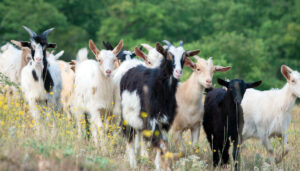 Choosing the Perfect Goat Breed for Your Homestead: A Comprehensive Guide
Choosing the Perfect Goat Breed for Your Homestead: A Comprehensive Guide Toggenburg Goat Breed – Everything You Need to Know
Toggenburg Goat Breed – Everything You Need to Know Goat Health Guide: Understanding Common Issues in Goat Breeds
Goat Health Guide: Understanding Common Issues in Goat Breeds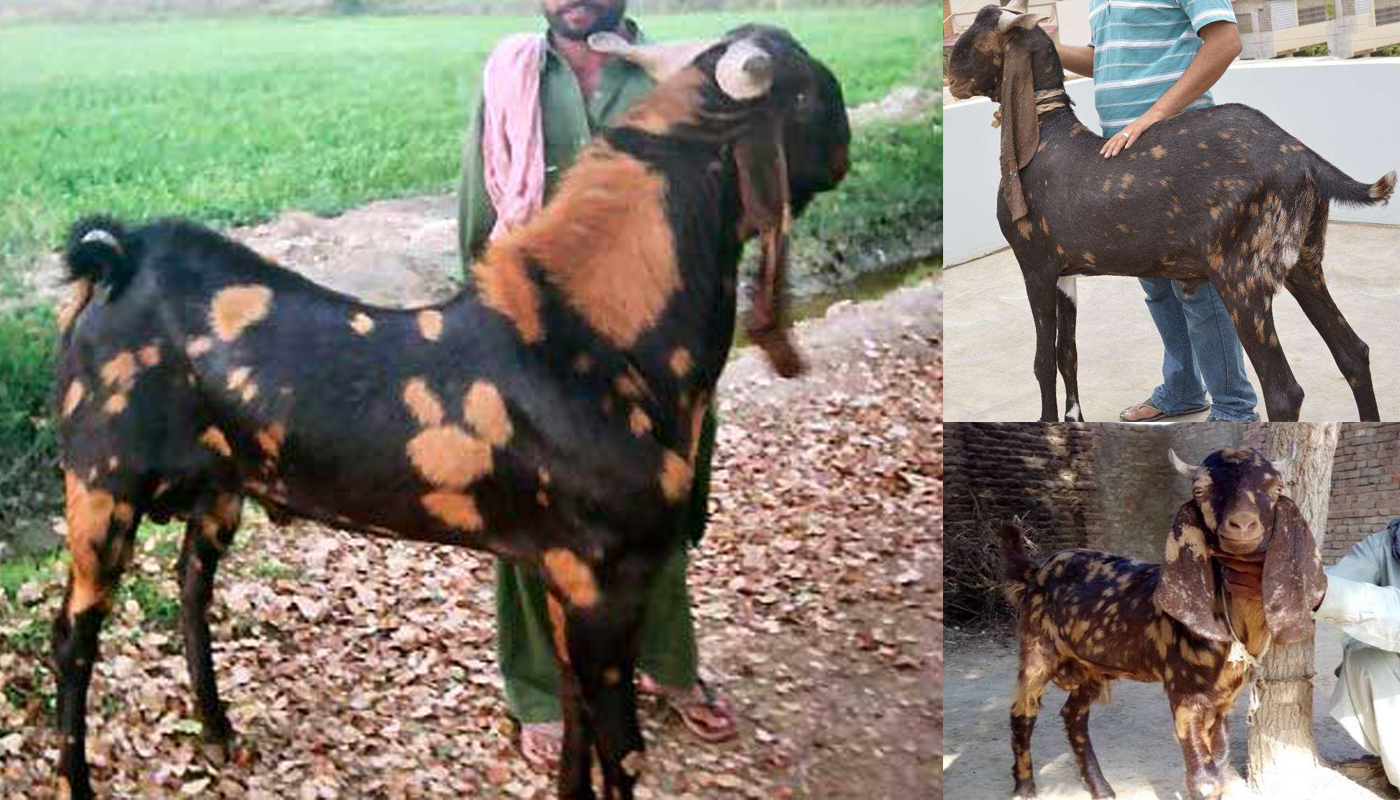 Kamori Goat Breed – Everything You Need to Know
Kamori Goat Breed – Everything You Need to Know British Alpine Goat Breed – Everything You Need to Know
British Alpine Goat Breed – Everything You Need to Know